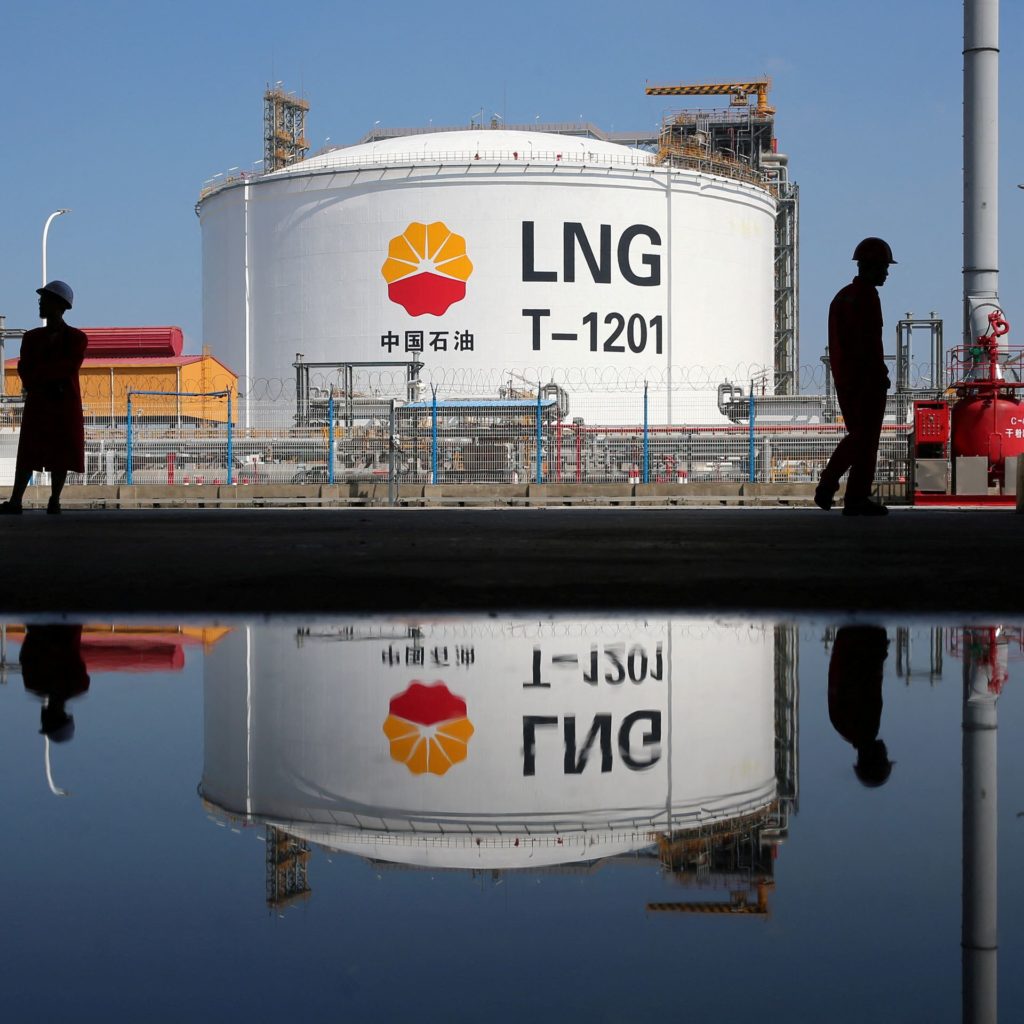LAUNCESTON, Australia – The spot price of liquefied natural gas (LNG) is still falling even though demand for the super-chilled fuel appears to be ticking higher in Asia and Europe, putting Adam Smith’s “invisible hand” theory to the test just as winter arrives.

Both the weekly spot price assessment for cargoes for delivery to north Asia LNG-AS and the price of New York-traded LNG contracts linked to S&P Global Commodity Insights JKM benchmark JKMc1 are defying the usual pattern of trending higher at the start of winter as utilities build inventories.
There are several factors likely driving the weaker trend, including the relatively high natural gas inventories in Europe and Japan, the country likely to this year reclaim the title of the world’s biggest LNG importer from China.
Expectations that the mild start to the cold period will extend for the rest of the northern winter may also be limiting competition for cargoes, while fears that Russian LNG would no longer be available in both Europe and Asia due to sanctions over the invasion of Ukraine have so far proved to be unfounded.
The price of JKM contracts ended at $27.23 per million British thermal units (mmBtu) on Monday, little changed from the previous close.
However, they are down 61% from the record high of $69.96 per mmBtu, reached on Aug. 25 amid fears that Europe would have insufficient winter supplies due to curtailed deliveries from Russia.
It’s also worth noting that the price is now below the $31.61 per mmBtu that prevailed at this time last year.
The weekly assessment has also been declining, dropping to $26 per mmBtu in the seven days to Nov. 11, and is down 63% from its all-time high of $70.50 in late August.
There are signs, however, that LNG demand is ticking higher ahead of winter, with commodity analysts Kpler estimating November imports in both Asia and Europe to rise.
Asia is on track to import 22.12 million tonnes in November, higher than October’s 20.72 million and in line with the 22.55 million recorded for November 2021, according to Kpler.
The increase in Asia is largely driven by China, which is forecast to see arrivals of 6.18 million tonnes in November, up from 4.9 million in October, and the highest monthly total since January, according to Kpler data.
China’s LNG imports have slumped so far in 2022 as traders avoided expensive spot cargoes and took only longer-term contracted volumes, which are either at low fixed prices or linked to the price of crude oil.
The rebound in China’s forecast November imports is likely a reflection of moves by Beijing to ensure that the country has sufficient supplies for winter, and also that spot imports have become more economically viable with the recent price decline.
EUROPE BUYING AGAIN
Europe’s imports are expected to reach 11.49 million tonnes in November, which would be the second-highest in Kpler’s records behind the 11.55 million tonnes in January.
Europe’s LNG imports were 10.13 million tonnes in October, which was the first time since May they had exceeded 10 million tonnes in a month.
The United States remains Europe’s biggest supplier, with imports of 4.66 million tonnes expected in November, up from 4.17 million in October.
Europe’s imports of Russian LNG are continuing, with arrivals of 1.32 million tonnes in November, up from 1.05 million in October.
Imports from Russia in Asia are expected to drop in November to 1.38 million tonnes from 1.66 million in October, although there is still time for cargoes to be arranged and loaded, making it possible for the November data to be revised higher.
The overall question for the LNG market is whether spot prices should continue to defy the usual seasonal pattern by declining into the northern winter, especially since demand seems to be picking up.



